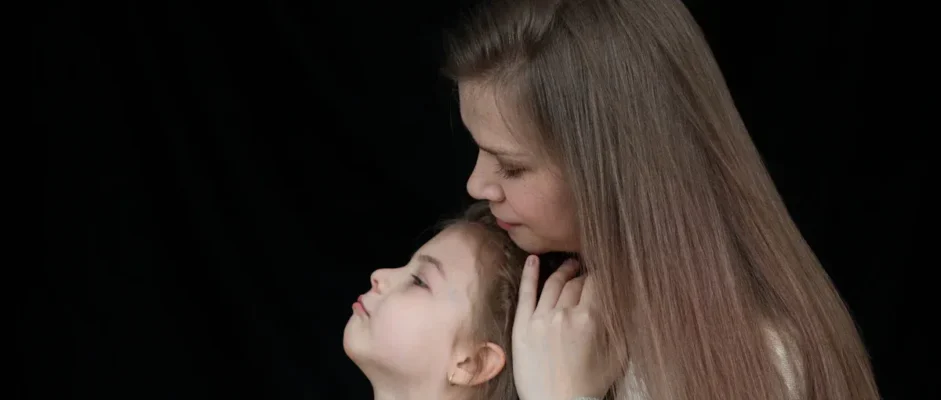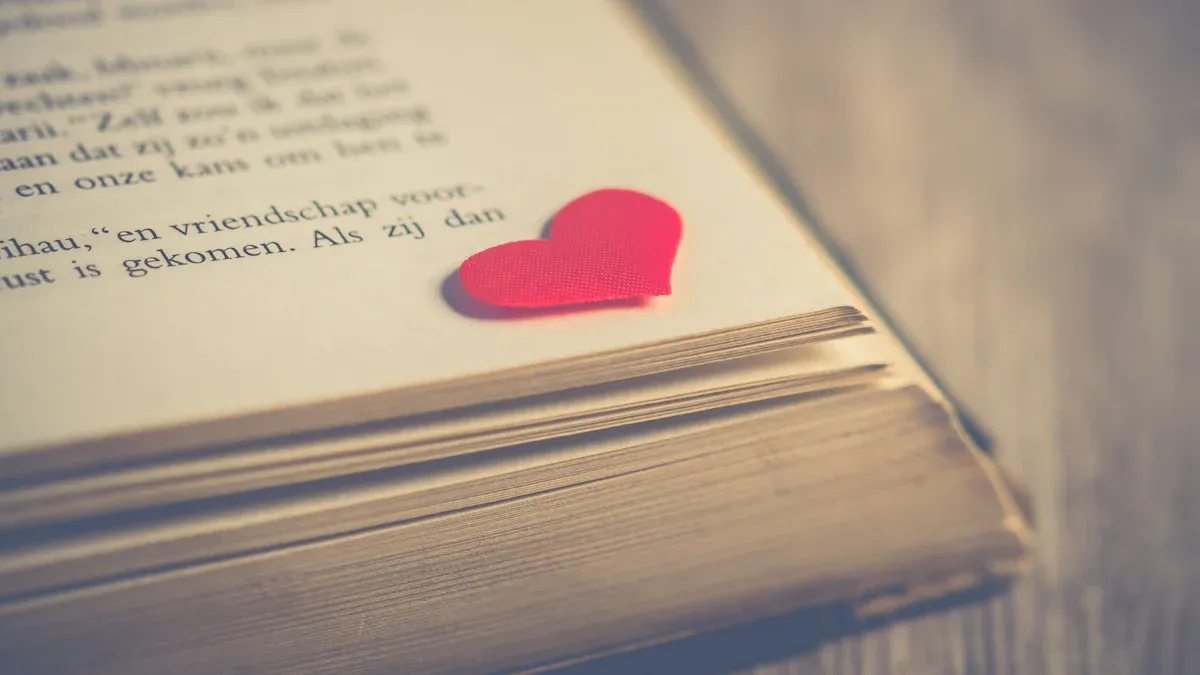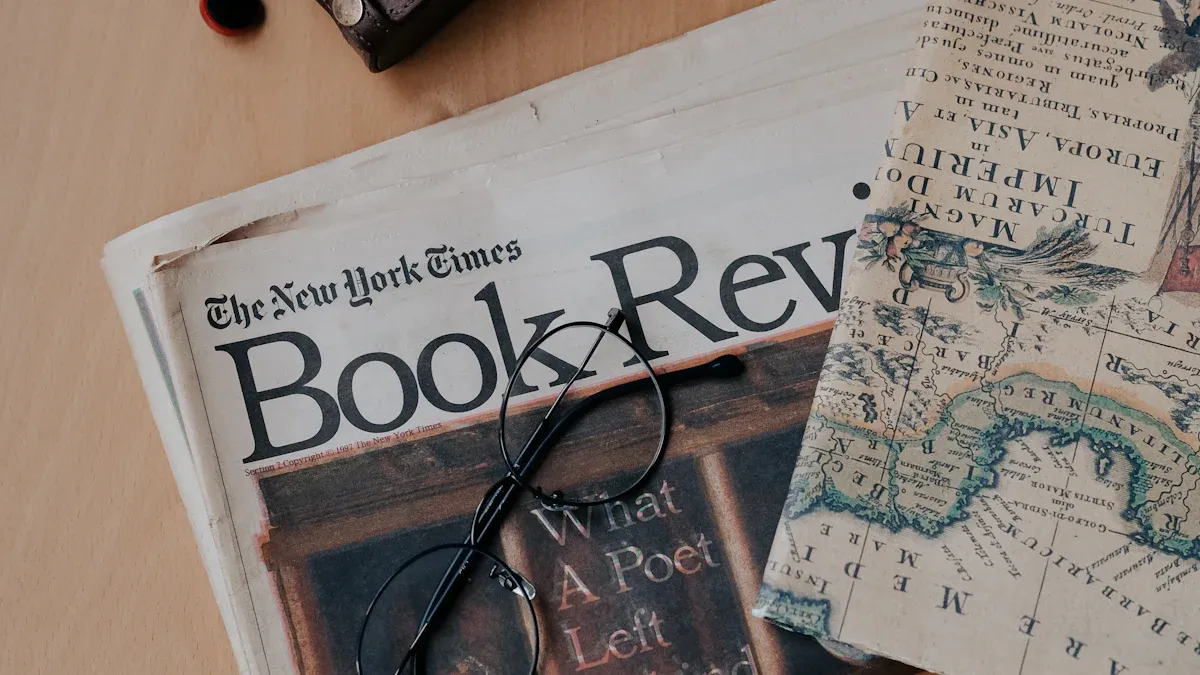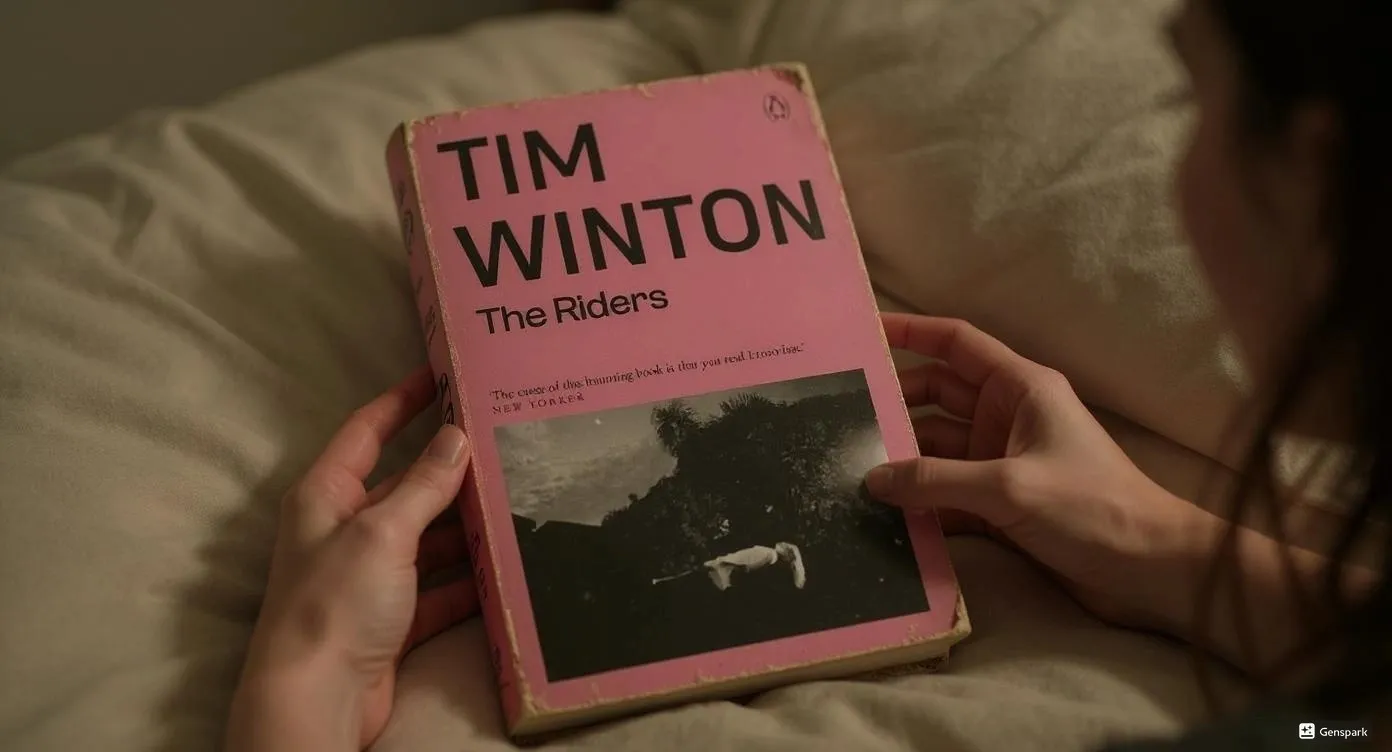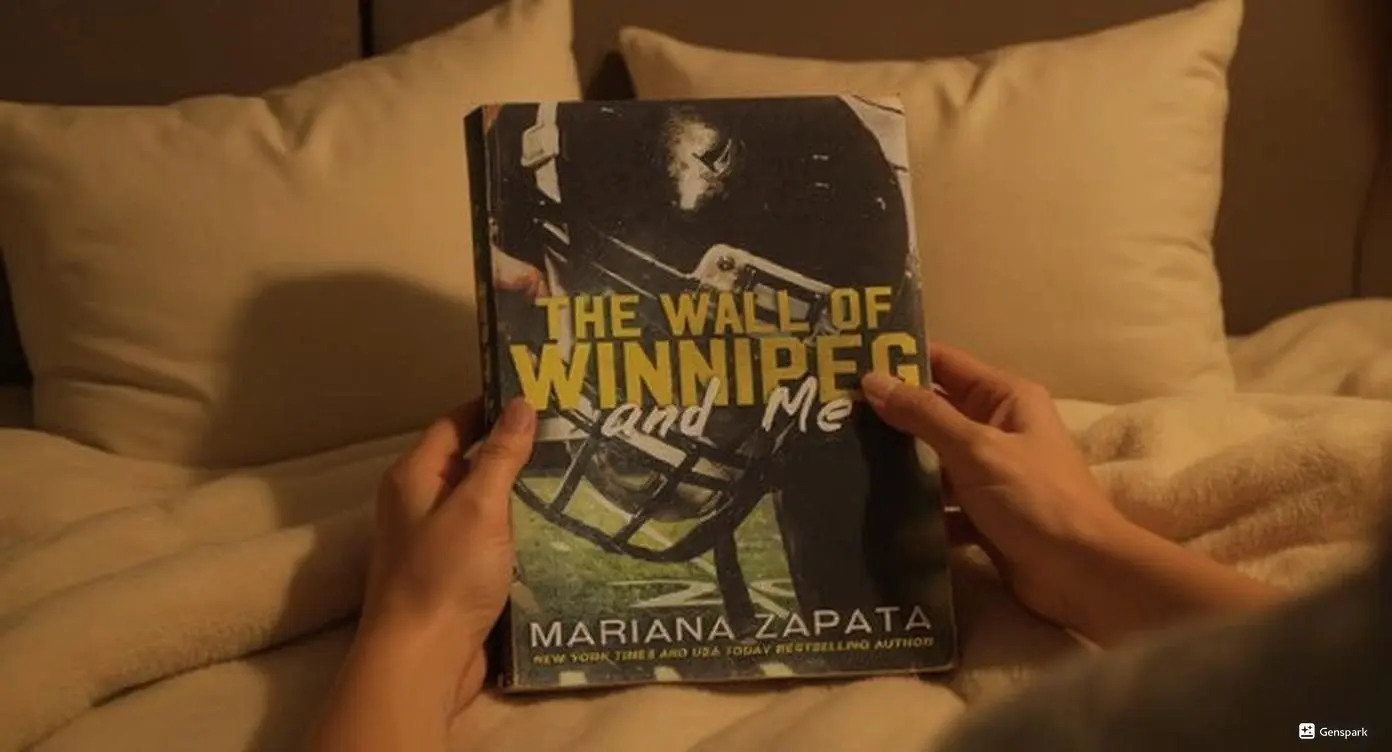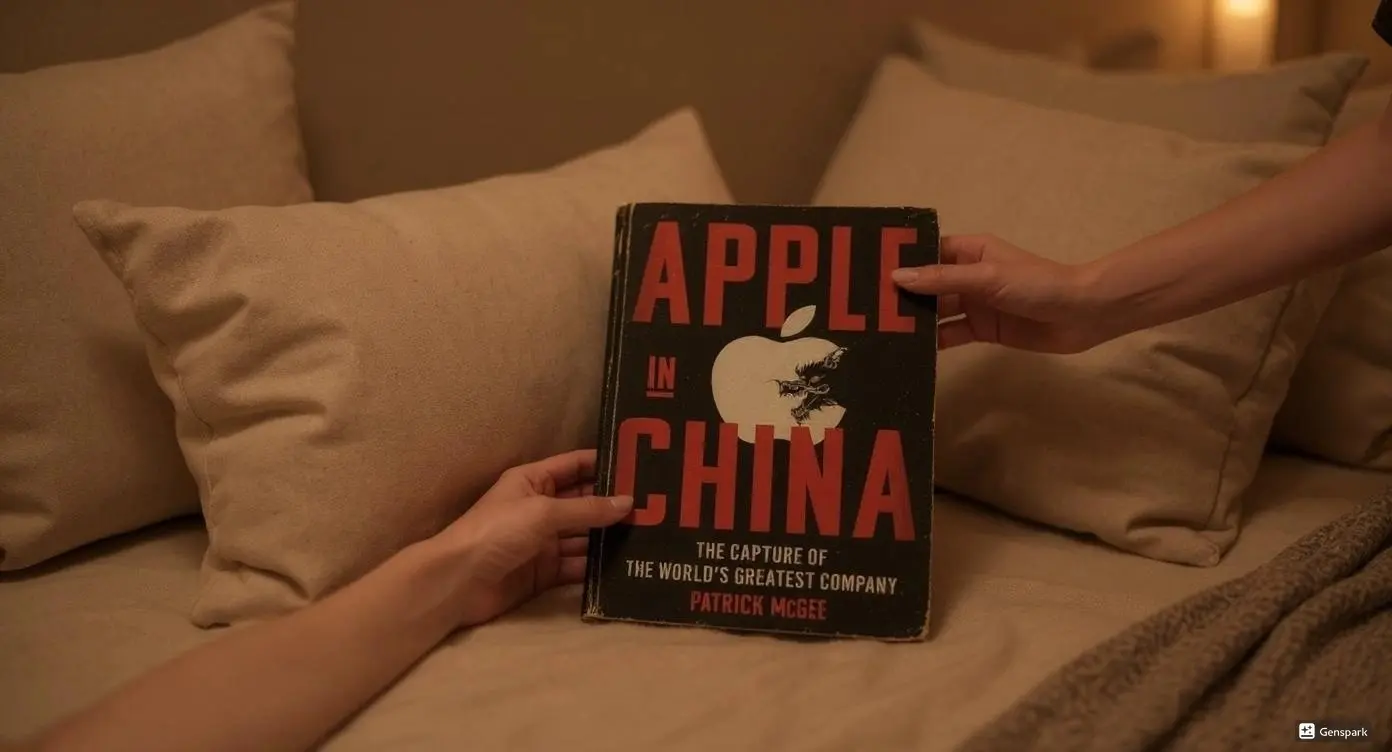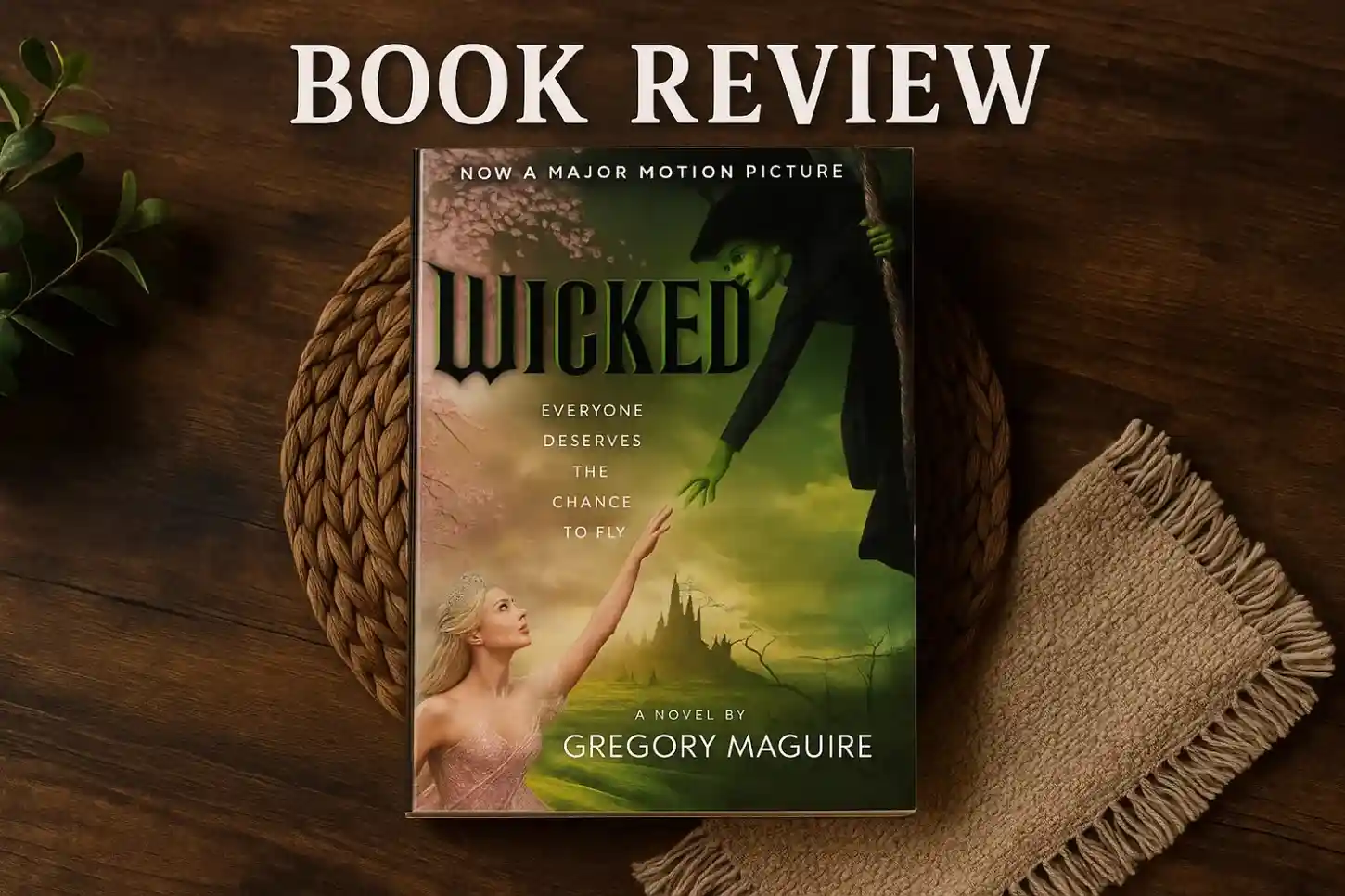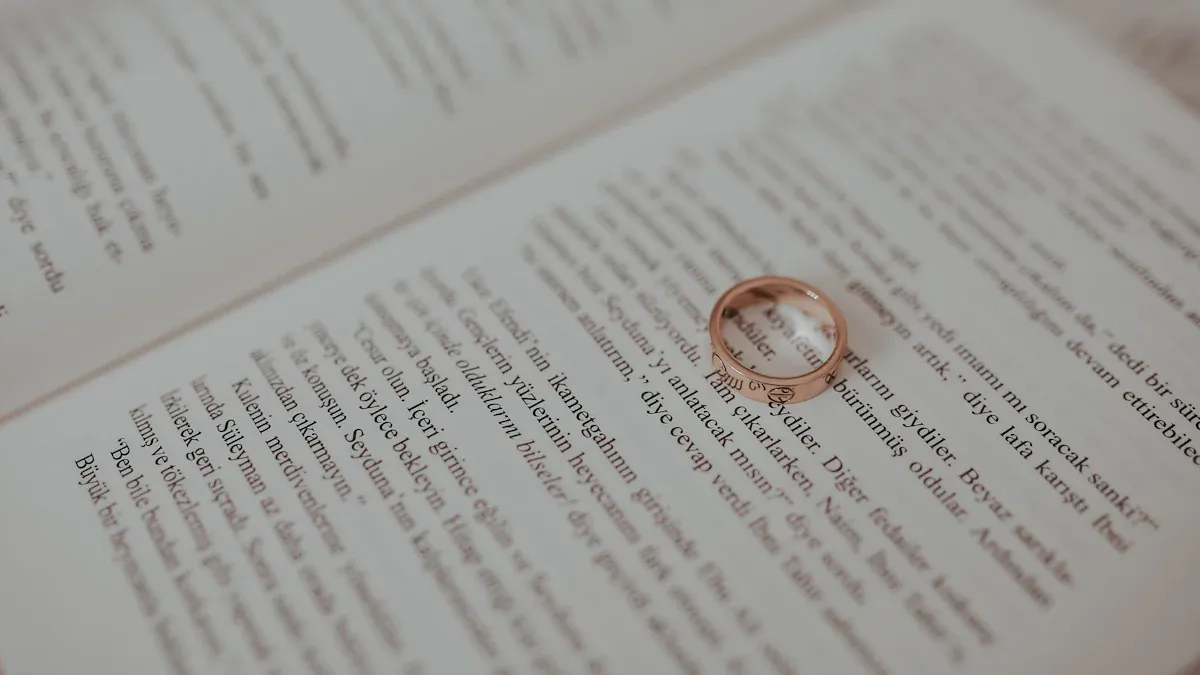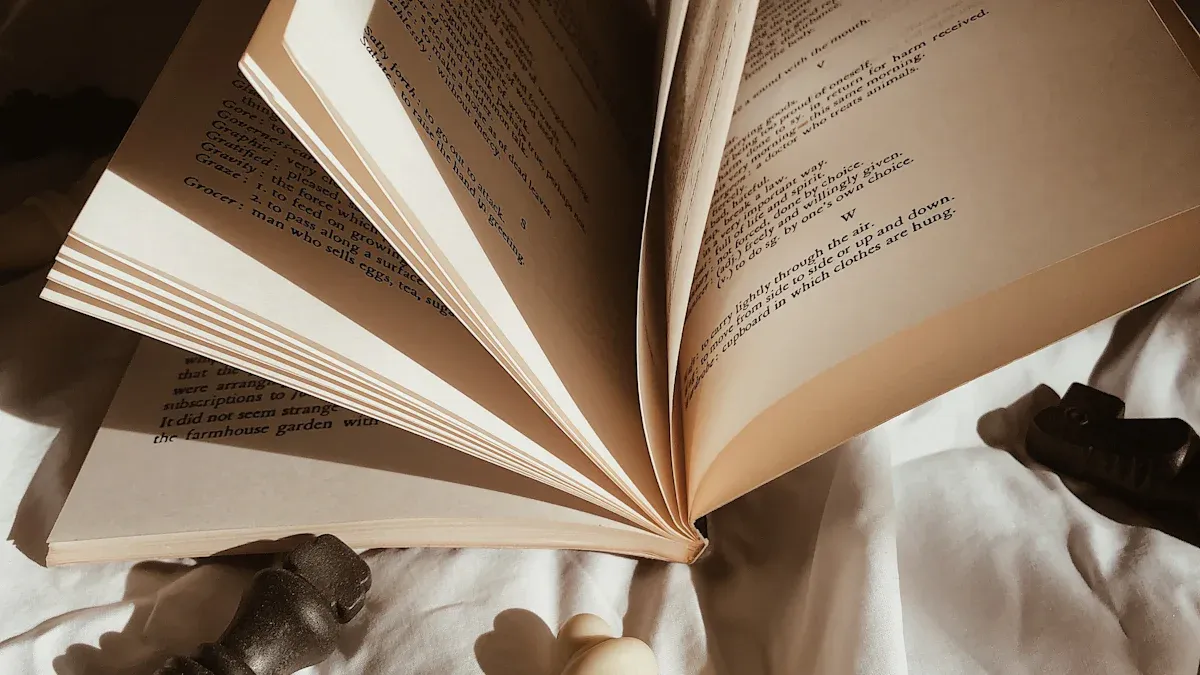I’ll be honest—sometimes I read a book late at night. Tissues are everywhere. My coffee is cold. My heart beats fast. If you are here because you lost your mother or want to understand that loss, you are not alone. Grief can feel like it never ends, especially for women.
Many women feel grief for a long time. It can be stronger because they care for others and have close bonds.
Being younger and having close relationships can make the pain worse.
Getting help from professionals and having caring friends is very important when you feel lost.
I can say Motherless Daughters by Hope Edelman Book Review is different. It gives real comfort during hard and lonely nights.
Key Takeaways
Motherless Daughters gives comfort and help to women who have lost their mothers at any age. The book shares many true stories.
These stories help readers feel understood and less alone as they grieve. Hope Edelman uses her own experience and research to explain grief in a simple and kind way.
Grief is not easy. It comes and goes and can change how you see yourself, your relationships, and your choices. The book gives helpful ways to cope, like writing in a journal, joining support groups, and talking to friends.
Reading this book can help people start important talks with family, friends, or therapists.
Motherless Daughters is helpful for daughters, people who support them, and professionals who work with grief.
Motherless Daughters by Hope Edelman Book Review
Is It Worth Reading?
I have to admit, I sometimes read books in the weirdest places. I’ve read in the bathtub, on the bus, and once, hiding in my closet with a flashlight because I just couldn’t stop. When I picked up Motherless Daughters by Hope Edelman Book Review, I expected another sad memoir.
Instead, I found myself scribbling notes in the margins and nodding along at 2 a.m. My coffee went cold (again). My cat looked at me like I’d lost my mind. But I kept reading.
So, is this book worth your time? I think so. Motherless Daughters by Hope Edelman Book Review stands out because it doesn’t just tell one story. It gathers the voices of many women who have lost their mothers. The book feels like a support group you can carry in your backpack. I felt seen, even when I didn’t want to be. The writing is honest, sometimes raw, but always caring.
Who Should Read It?
Now, you might wonder if Motherless Daughters by Hope Edelman Book Review is for you. I asked myself the same thing before I started. Here’s who I think will get the most out of it:
Women of all ages who have lost their mothers, whether recently or years ago.
Daughters who lost their mothers in childhood, adolescence, or adulthood.
People who want to support a friend, partner, or family member dealing with mother loss.
Therapists, counselors, and support group leaders looking for real-life stories and insights.
Anyone curious about how mother loss shapes identity, relationships, and life choices.
Note: I’ve seen readers from all walks of life connect with this book. Some are in their twenties, just starting out. Others are older, still carrying the ache decades later. The feedback I’ve read shows that the book helps people feel less alone, no matter their background.
From my experience, the book fills a gap. Before this, I struggled to find anything that spoke so directly to the pain and confusion of losing a mother. Motherless Daughters by Hope Edelman Book Review doesn’t just offer comfort. It gives you a language for your grief. It helps you see that your feelings are normal, even when they feel overwhelming.
Purpose & Scope
Why It Was Written
I have to admit, I’m a sucker for books that feel like they were written just for me. When I first picked up Motherless Daughters, I wondered what drove Hope Edelman to write it. After reading her interviews, I realized she didn’t just want to tell her own story—she wanted to create a lifeline for women like us.
She talks about how, as a kid, she didn’t even like reading. Then she found Charlotte’s Web and everything changed. That book showed her how stories could make you feel less alone. It’s funny how one book can flip a switch in your brain, right? I’ve had that happen more times than I can count.
Edelman took that feeling and ran with it. She wanted to write something that didn’t just fill pages, but actually reached out and hugged the reader. She made sure her chapters were short, with plenty of white space, so you never feel overwhelmed. I noticed that right away—sometimes I’d read a chapter, put the book down, and just breathe.
The book doesn’t shout at you or demand you be brave. Instead, it gently shows you that there are many ways to be strong, even if you’re quiet or feel average. I love that. Not every book about grief needs to be loud or dramatic. Sometimes, the softest voice is the one you remember.
“You don’t have to be the loudest or the bravest to survive loss. You just have to keep going, in your own way.”
— That’s the message I took from Edelman’s approach.
Who It Helps
So, who actually benefits from this book? I asked myself that as I read, tissues in one hand and a mug of tea in the other. Here’s what I found:
Women who lost their mothers at any age—childhood, teenage years, or adulthood.
People who feel “different” after loss and want to know they’re not alone.
Friends, partners, and family members who want to support someone grieving.
Therapists and counselors searching for honest, relatable stories to share with clients.
Anyone who wonders how mother loss shapes identity, relationships, and even day-to-day choices.
Key Themes
The Legacy of Loss
I have to admit, this book hit me in the gut more than once. The idea of a “legacy of loss” isn’t just a fancy phrase. It’s real. I saw it in my own life, and Edelman nails it. Grief doesn’t just show up once and leave. It sneaks back during big moments—graduation, weddings, even random Tuesday mornings.
I remember reading a chapter about how grief can come in waves, especially during milestones like puberty or childbirth. I thought, “Wow, that’s me.” I’ve felt that ache at the weirdest times, like when I saw a mother and daughter laughing in the grocery store.
Researchers back this up, too. They say legacy isn’t just about keeping a box of old letters. It’s about building connections—making memory boxes, sharing stories, or even passing down a favorite recipe.
These little rituals help us cope. They give us a sense of control and meaning. I love that the book talks about both the tangible and intangible ways we keep our mothers close. It’s not just theory. It’s healing in action.
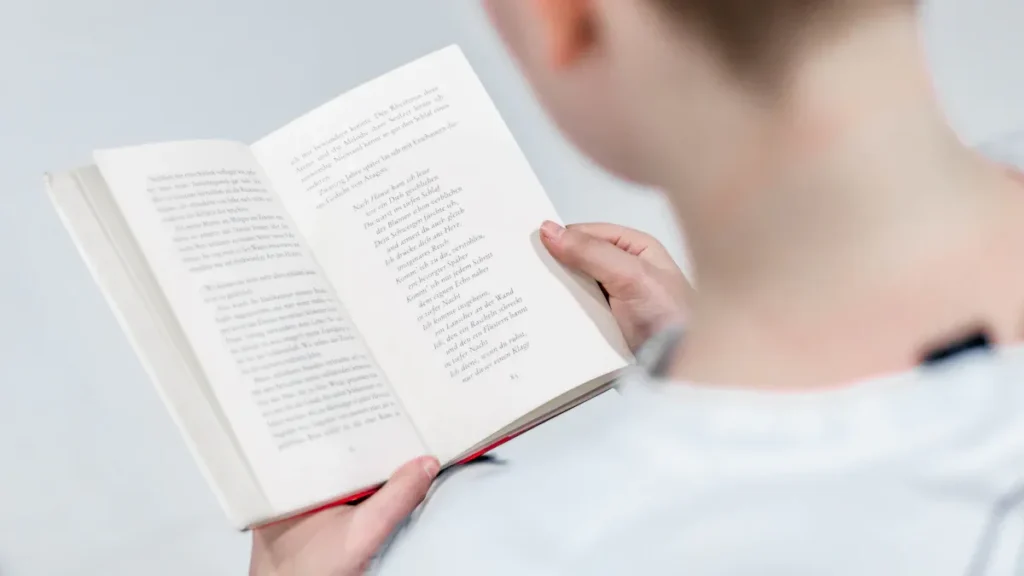
Childhood vs. Adult Loss
Losing a mother as a child feels different than losing her as an adult. I’ve read stories from women who lost their moms at age six and others who lost them at forty. The pain is always there, but it changes shape. As a kid, you might feel lost or different from your friends.
As an adult, you might struggle with identity or feel the loss during big life changes. Edelman shares both sides, and I found myself nodding along. She doesn’t say one is harder than the other. She just shows how each experience leaves its own mark.
Identity & Relationships
This book made me rethink how I see myself. I realized that losing my mom shaped my choices, my friendships, even how I parent my own kids. Edelman explores how mother loss can affect trust, self-esteem, and the way we connect with others. I saw myself in those pages. I bet you will, too.
Stages of Grief
I used to think grief followed a neat little checklist. Denial, anger, bargaining, depression, acceptance—done. But Edelman shows it’s messier than that. I read about a study that tracked people’s grief over two years. Turns out, acceptance often comes earlier than we expect, and disbelief isn’t always the first thing we feel.
Yearning, anger, and sadness can pop up months later. For most people, the hardest feelings fade after about six months, but sometimes they stick around and need extra help. I found comfort in knowing my own rollercoaster of emotions was normal. The book doesn’t rush you. It just walks beside you.
Coping & Healing
I have to give props to Edelman for not just talking about pain, but also about healing. She shares real strategies—journaling, talking to friends, joining support groups. I tried a few myself. Some days, writing in my journal helped. Other days, I needed to call a friend.
Research shows that problem-solving, positive thinking, and reaching out for support really do help people heal. Avoiding your feelings or bottling them up? Not so much. I learned that coping isn’t about “getting over it.” It’s about finding ways to keep going, even when it hurts. That’s what makes this book stand out. It doesn’t promise a quick fix. It gives you tools for the long haul.
If you’re looking for a book that gets what grief really feels like—and offers hope without sugarcoating—this one belongs on your nightstand.
Emotional Impact
Validation & Comfort
I have to admit, I never expected a book about grief to feel like a warm blanket. But Motherless Daughters surprised me. I found myself nodding along, sometimes even talking back to the pages. It felt like Hope Edelman had reached through the book and said, “Hey, you’re not alone.” That kind of validation is rare. I’ve read so many books that try to comfort but end up sounding like a greeting card. This one? It gets it.
Here’s what I noticed about how the book delivers comfort and validation:
The writing style is clear and easy to follow. I never felt lost or confused, even when my mind wandered.
The stories flow naturally. Each chapter connects to the next, so I always knew where I was in the journey.
The structure makes sense. I could put the book down, pick it up days later, and still feel right at home.
I once read a study where 55 comfort experts ranked different comfort questionnaires. The experts agreed that comfort is deeply personal. They said that the best tools for measuring comfort come from real people, not just computers. It reminded me that books like this work because they speak to our real, messy feelings. The experts’ judgment gave me confidence that the comfort I felt was valid—not just in my head.
Author Background
Hope Edelman’s Story
I have to admit, I’m a sucker for author backstories. Sometimes, I’ll spend hours down a Wikipedia rabbit hole just to figure out what makes a writer tick. With Hope Edelman, her story hit me right in the gut. She lost her own mother when she was just 17.
That loss shaped her life in ways I could feel on every page of Motherless Daughters. I remember reading her introduction and thinking, “Wow, she gets it. She’s not just writing about grief—she’s lived it.”
Edelman didn’t set out to become the voice for motherless daughters everywhere. She started as a journalist, scribbling notes in coffee shops and chasing deadlines. But the ache of losing her mom never really left her. She once said in an interview that she wrote the book she wished she’d had as a young woman. That line stuck with me. I’ve felt that same longing for a book that could explain the ache I carried around.
I found out that Edelman spent years interviewing women from all walks of life. She listened to their stories, sometimes over the phone, sometimes in person, sometimes through letters. She wove those voices together with her own. The result?
A book that feels like a patchwork quilt—warm, comforting, and stitched together from real lives. I have to give props to Edelman for her honesty. She doesn’t pretend to have all the answers. She just shares what she’s learned, and that’s enough.
“I wrote the book I needed to read.”
— Hope Edelman
My Personal Experience
After reading over 3,000 books, I can spot a true expert from a mile away. Edelman isn’t just someone who lived through loss—she’s someone who studied it, wrote about it, and helped others make sense of it. She holds a master’s degree in nonfiction writing from the University of Iowa, which, in the book world, is like having a golden ticket. She’s taught writing workshops, spoken at conferences, and even led grief retreats. I once watched a video of her speaking to a room full of women, and you could feel the respect in the air.
Here’s what sets Edelman apart:
She combines personal experience with research. I love when an author backs up their feelings with facts.
She’s published multiple books on grief and family. Motherless Daughters isn’t her only claim to fame.
She’s been featured in major outlets like The New York Times, Oprah, and NPR. That’s no small feat.
She listens. You can tell from her writing that she values other people’s stories as much as her own.
From my experience reviewing memoirs and self-help books, Edelman stands out because she never talks down to the reader. She writes like a friend who’s been through the fire and wants to help you find your way out. I have to say, if you’re looking for an author who truly understands grief—not just in theory, but in practice—Hope Edelman is the real deal.
Strengths & Limitations
What Stands Out
I have to confess, I read Motherless Daughters by Hope Edelman Book Review in some strange places—curled up on my kitchen floor, hiding in my car during lunch breaks, and once, with a flashlight under the covers. I just couldn’t put it down. The book pulled me in with its honesty and warmth. It felt like Hope Edelman was sitting across from me, sharing stories over coffee.
Here’s what really stood out to me:
Edelman’s research is top-notch. She doesn’t just share her own story. She weaves in the voices of hundreds of women. I felt like I was part of a giant, invisible support group.
The book works for everyone. Whether you’re new to grief or you’ve been living with it for years, you’ll find something here. I saw that the author’s experience with qualitative research shines through. She explains tough ideas in simple steps, so I never felt lost.
Edelman balances theory and real life. She talks about the science of grief, but she also gives practical advice. I loved the mix of facts and real stories.
The structure is gentle. Short chapters, lots of white space, and a clear path through the book made it easy to read, even when my mind felt foggy.
“This book doesn’t just talk about grief—it shows you how to live with it. That’s rare.”
What’s Missing
Of course, no book is perfect. I always look for the gaps, even in my favorites. Here’s what I noticed:
Sometimes, I wanted more stories from outside the U.S. Most voices come from American women. I wondered how grief looks in other cultures.
The book focuses mostly on daughters. Sons and nonbinary readers might feel left out. I wish there were more perspectives.
A few chapters felt repetitive. I found myself skimming when the same ideas popped up again.
The practical tips are helpful, but I wanted more step-by-step guides. Sometimes, I needed clearer advice on what to do next.
To be fair, these are small things. The strengths far outweigh the weaknesses. But I always want to see a book stretch a little further.
If I had to rate it, I’d give Motherless Daughters by Hope Edelman Book Review a solid 7/10. It’s not perfect, but it’s the best I’ve found for this kind of grief.
Sip The Unknown—Discover Stories You Never Knew You’d Love!
Dionysus Reviews Has A Book For Every Mood
Biography & Memoir
Fiction
Mystery & Detective
Nonfiction
Philosophy
Psychology
Romance
Science Fiction & Fantasy
Teens & Young Adult
Thriller & Suspense
Frequently Asked Questions
Does Motherless Daughters only help women who lost their moms as kids?
Nope! I read it as an adult and still found it powerful. The stories cover every age. I saw myself in chapters about grown daughters, too. The book meets you wherever you are on your grief journey.
Can I read this if I’m not grieving but want to help a friend?
Absolutely. I picked up the book to understand a friend’s pain. It gave me words and empathy I didn’t have before. If you want to support someone, this book is a gentle guide.
Is the book too sad to read at night?
I won’t lie—some chapters had me sobbing into my pillow. But I also found hope and comfort. I’d read a few pages, then hug my cat. It’s heavy, but not hopeless.
Do I need to read it all at once?
No way. I read in short bursts—sometimes just a chapter before bed. The book’s structure makes it easy to pause and reflect. I’d say take your time. Grief doesn’t rush, and neither should you.
Will this book help me if my relationship with my mom was complicated?
Yes, and I speak from experience. Edelman doesn’t sugarcoat tough relationships. She shares stories from women with all kinds of mother-daughter bonds. I felt seen, even with my messy feelings.
Are there resources for sons or nonbinary readers?
The focus is on daughters, but some insights apply to anyone grieving a mother. I wish there were more stories from different perspectives. For sons or nonbinary folks, I’d suggest looking for additional books or support groups.
Can I use this book in therapy or support groups?
Definitely. I brought passages to my therapist, and it sparked great conversations. Many support groups use this book. It’s a solid tool for healing, whether you’re reading solo or with others.
